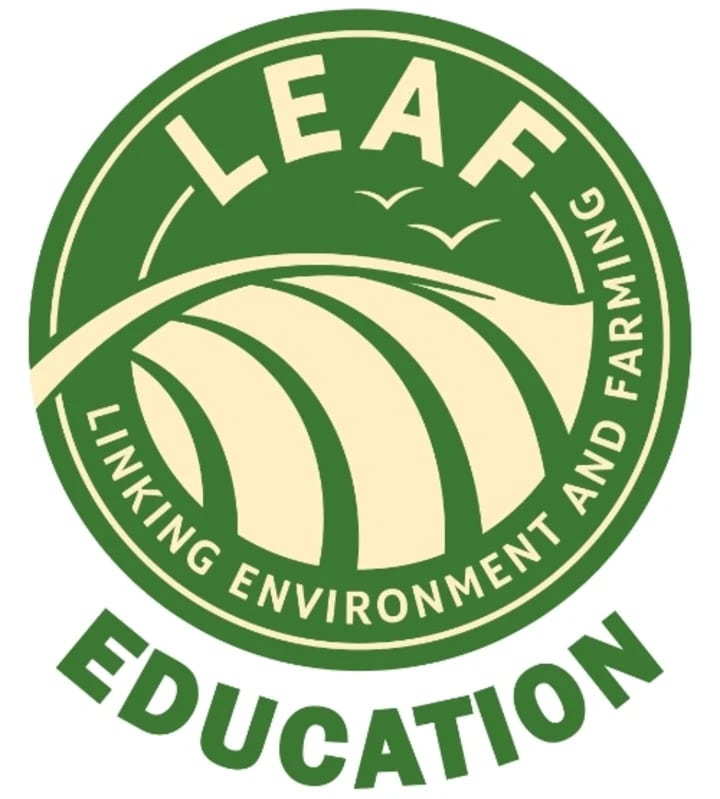Brockhill Park Performing Arts College is a large secondary school sat up above the Cinque Port of Hythe, overlooking the English Channel. Every morning Brockhill students arrive at school dressed smartly in blazers, and gather in friendship groups - some in the playground, others in the canteen. But that is where the similarities with other schools end, Brockhill is no ordinary school as Brockhill has a farm.
The school prides itself on its farm which is a working farm and home to beef cattle, a suckler herd with calves (allowing students to see the whole lifecycle from AI, birth, finished beef and into the school’s own farm shop), a flock of ewes which lamb each spring, free-range hens and a small menagerie of furries.
The school farm’s success is partially down to embedding its rural-dimension ethos throughout the whole school curriculum. Here is how we did it:
1. Engage the school staff. Farm Fortnight is an annual curriculum event. Every department in school is challenged to teach one lesson on the farm, using the farm as a stimulus. Some departments have taken this one step further and have built schemes of work that focus entirely upon the use of the farm. For example, design technology has a bird-feeder innovation challenge that is taught yearly, and the maths department has embedded a series of maths challenges around the farm. The farm ensures that it has lots going on during the fortnight, typically lambing, calving and hatching chicks
2. Make it part of the curriculum. The Great Outdoors programme of study (GO) was developed as an enrichment programme for all KS3 students. GO encourages students to learn through outdoor learning which removes them from the traditional book- and teacher-led learning styles, by encouraging hands-on practical aspects. Topics in the GO course include: Reaping the harvest, where students learn about the ‘grain train’, the science behind the food, types of bread, how bread is made and actually making a simple soda bread in the lesson and Sausage sale, based around pig production. Students visit the school-farm pigs and analyse the accommodation and feeding. Students design a new logo for the popular Brilliant British Brockhill Bangers made from Brockhill pork. The winning design is reproduced and used for sausage sales held in the school’s farm shop. Students also get involved with the promotion and running of the sale
3. Engage teenagers. The school’s Young Farmers' Club is incredibly popular; the club is run democratically by the students for the students through a club committee. They run regular social events including Halloween and Christmas parties and events to engage the public including Open Farm Sunday. The main purpose of the Club is to teach animal husbandry and show technique, and the members enjoy showing the schools farm's livestock at the agricultural shows in the south east
4. Extend your provision. Following consultation with local primary teachers, Brockhill developed and wrote a set of six curriculum-linked lessons for primary students, all of which include an outdoor activity for students to get their hands dirty, and an inside one to develop learning further. A favourite session is Moo & Make for KS1, looking at variation and species of farm animals and how they have adapted for survival. This session includes a farm tour, an introduction to animals and a craft session making animal masks to take home
5. Make it your USP. The school farm is a fantastic marketing tool. The farm makes Brockhill stand out from the crowd and everyone loves to see children and animals together. There is lots of beneficial influence on behaviour and wellbeing that make positive contributions to education and the lives of young people – promoting this through photographs, social media, prospectuses and press releases has been very beneficial to Brockhill.















